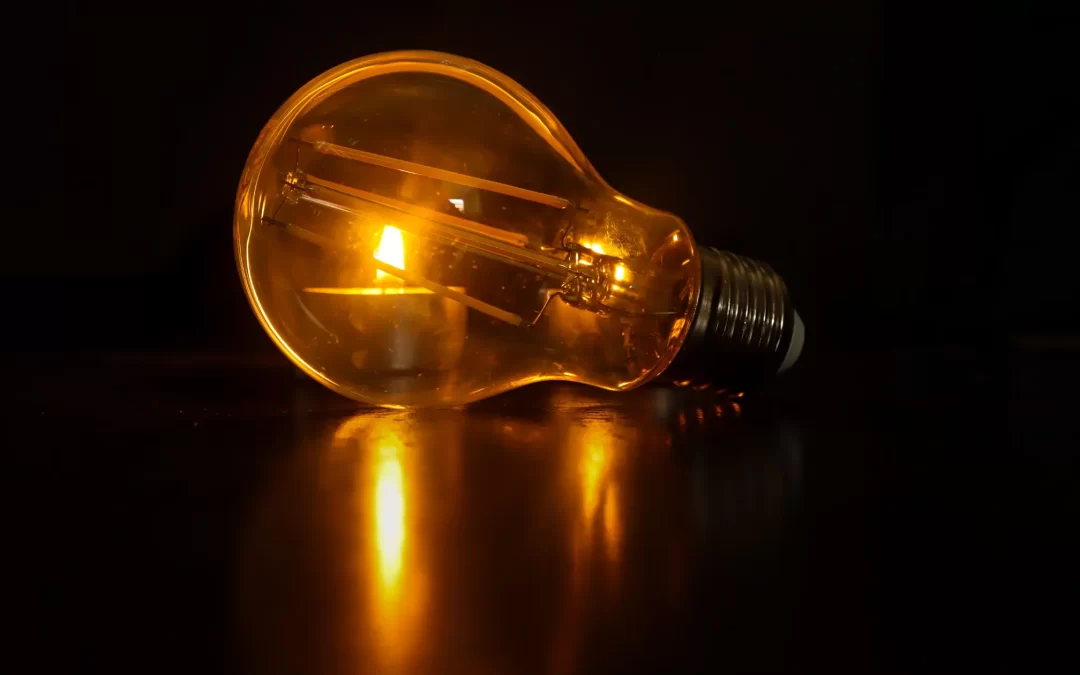Recent media coverage, coupled with our own claims experience at Momentum Insure, has prompted us to clarify the type of coverage our policies offer in relation to damages that may occur due to load shedding. Understanding what’s covered and what’s not is essential for managing the risks associated with power outages effectively.
What is Load Shedding?
Load shedding, grid failure, or power blackouts refer to the intentional or unintentional reduction of electrical power by the municipality or your primary electricity supplier. These interruptions can be planned, or in some cases, happen without warning.
What’s Not Covered?
It’s crucial to know that our insurance policies generally do not cover damages incurred due to load shedding, grid failure, or power blackouts. Electronic equipment is often not designed to withstand being switched off and on multiple times a day, and the ensuing wear and tear is also excluded from our policies. Wear and tear is a general exclusion in most insurance policies, including those offered by Momentum Insure.
Exceptions: Power Surges
There are some exceptions, however. If an overvoltage event occurs resulting in a power surge that damages your appliances or electronics, you could be eligible for coverage. This is, of course, subject to our claims validation process. Unlike standard wear and tear, damage from power surges is usually visibly evident and not merely a case of an appliance suddenly ceasing to function.
Preventive Measures
As load shedding often occurs on a predictable schedule, we strongly encourage you to stay informed and take preventive steps to mitigate risks to your property. Here are some tips to help you manage the effects of load shedding:
- Unplug Appliances: To minimize damage, unplug your electrical devices when you know the power is going off.
- Use Surge Protectors: Installing surge protector plugs can guard against unexpected power surges. Ensure that you follow manufacturer guidelines.
- Invest in Backup Systems: Consider installing backup power solutions like solar panels, inverters, or generators. Always ensure these are set up by certified professionals and meet regulatory requirements.
- Regularly Assess Your Security System: Security systems can also be affected by power outages. Ensure that you replace batteries as needed, ideally with long-life batteries that have shorter charge cycles.
By following these tips, you can better safeguard your property and mitigate the risks associated with load shedding. Awareness and preventive action are your first lines of defense, and we’re here to guide you every step of the way.

